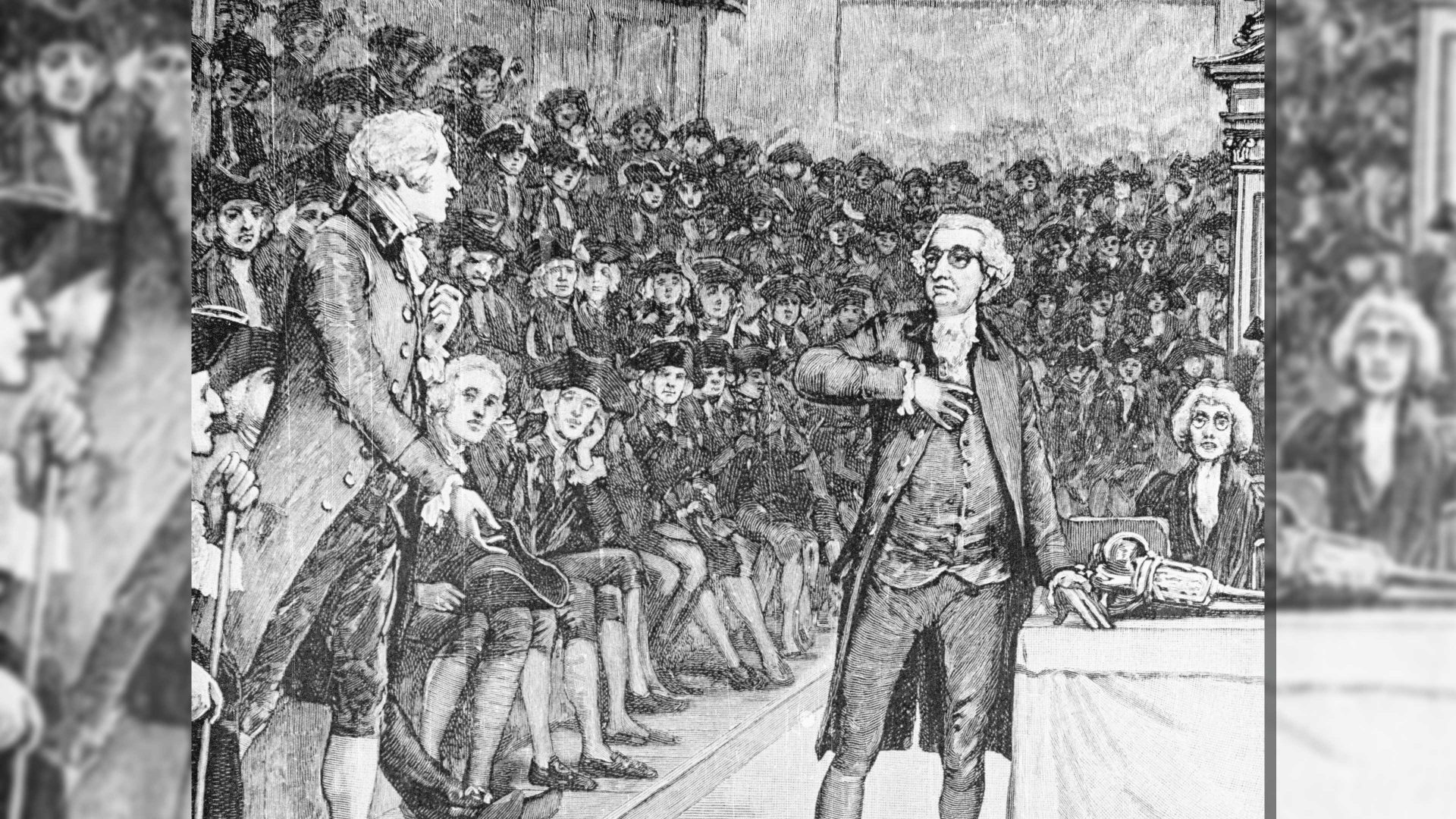



Adam Smith, the Scottish economist and philosopher, was born on June 5, 1723. He is known as the father of modern economics and author of 'The Wealth of Nations'. Smith's ideas on free markets, division of labor, and self-interest have had a profound impact on economic theory and policy [44d149ac].
Smith's work laid the foundation for classical economics and emphasized the importance of free markets and individual self-interest in driving economic growth. His ideas on the division of labor, the invisible hand, and the role of government in the economy continue to be influential [4d39a416].
John Maynard Keynes, a British economist, is known for his advocacy of government intervention during economic downturns. His ideas, outlined in his book 'The General Theory of Employment, Interest, and Money,' formed the basis of Keynesian economics. Keynes argued that government spending and monetary policies could help stabilize the economy during recessions and depressions. His theories had a significant impact on economic policy-making, particularly during the Great Depression and the post-World War II era [4d39a416].
Milton Friedman, one of the most influential economists of the 20th century, continues to shape economic thinking and public policy-making. In a recent book by Jennifer Burns titled 'Milton Friedman: The Last Conservative,' Friedman's career, intellectual history, and lasting impact are reviewed [9a90f5bd]. The book explores Friedman's contributions to monetary economics, his work on monetary aggregates, and his revisionist interpretation of the Great Depression. It also delves into Friedman's personal life, his physical stature, and his political engagements, including his role as an economic adviser to General Augusto Pinochet's Chile and his opposition to the Civil Rights Act of 1964 [9a90f5bd].
Friedman challenged the prevailing Keynesian theories and argued that free markets and free societies were essentially the same thing. He believed that the United States was heading towards a combination of high inflation and high unemployment, and his ideas on studying monetary aggregates and policy rules had a lasting impact on economic policy [9a90f5bd]. However, the article points out that experts no longer rely on Friedman's policy rules due to the changing economic landscape. Despite this, Friedman's reputation remains higher than the system he championed, and his ideas on studying monetary aggregates have made a comeback in the face of rising inflation [9a90f5bd].
Friedman's intellectual contributions were often dismissed until their truth became undeniable. His belief in conservative principles such as free trade, individual liberty, and limited government made him a prominent figure in the field. He played a significant role in challenging conventional wisdom and shaping economic thinking [9a90f5bd].
In addition to his academic contributions, Friedman made economics accessible to the public through his writings and television series. He played a significant role in popularizing economic concepts and engaging a wider audience in economic discussions. His ability to communicate complex ideas in a relatable manner contributed to the dissemination of economic knowledge and the influence of his ideas beyond academic circles [9a90f5bd].
Understanding Adam Smith's, John Maynard Keynes', and Milton Friedman's intellectual history and contributions to economics is essential for comprehending the evolution of economic thought and informing future policy decisions. Their ideas continue to be influential, challenging conventional wisdom and shaping economic thinking today [44d149ac] [4d39a416] [9a90f5bd].
Edmund Burke, the Anglo-Irish philosopher-politician often described as the father of conservatism, died in Beaconsfield on July 9, 1797. The modern UK Conservative Party died on July 4, 2024. Jesse Norman, author of a biography of Burke, describes him as 'in many ways the first conservative'. Other historians dispute this claim, pointing out how misleading it is to see Burke through that lens. Burke was on the side of the American colonies resisting taxation and championed reform and rebellion in India and Ireland. The main reason many conservative thinkers claim Burke as their ancestor is his opposition to the early stages of the French revolution, expressed in his book Reflections on the Revolution in France. Burke was on the side of stability, tradition, reverence for authority, and maintenance of the hierarchical social order. He wanted ordered liberty, the freedom of a well-functioning society built on the wisdom of ages. Thomas Paine, in contrast with Burke, was an enthusiastic supporter of the revolution and of the right of the people to overthrow their government. Burke's book was an instant bestseller, but Paine's response, The Rights of Man, sold even more. Burke's influential work A Philosophical Enquiry into the Origin of Our Ideas of the Sublime and Beautiful explored the psychological account of beauty and the sublime. However, it is Reflections on the Revolution in France that Burke will be remembered for as the source of Burkean conservatism [0e349172].